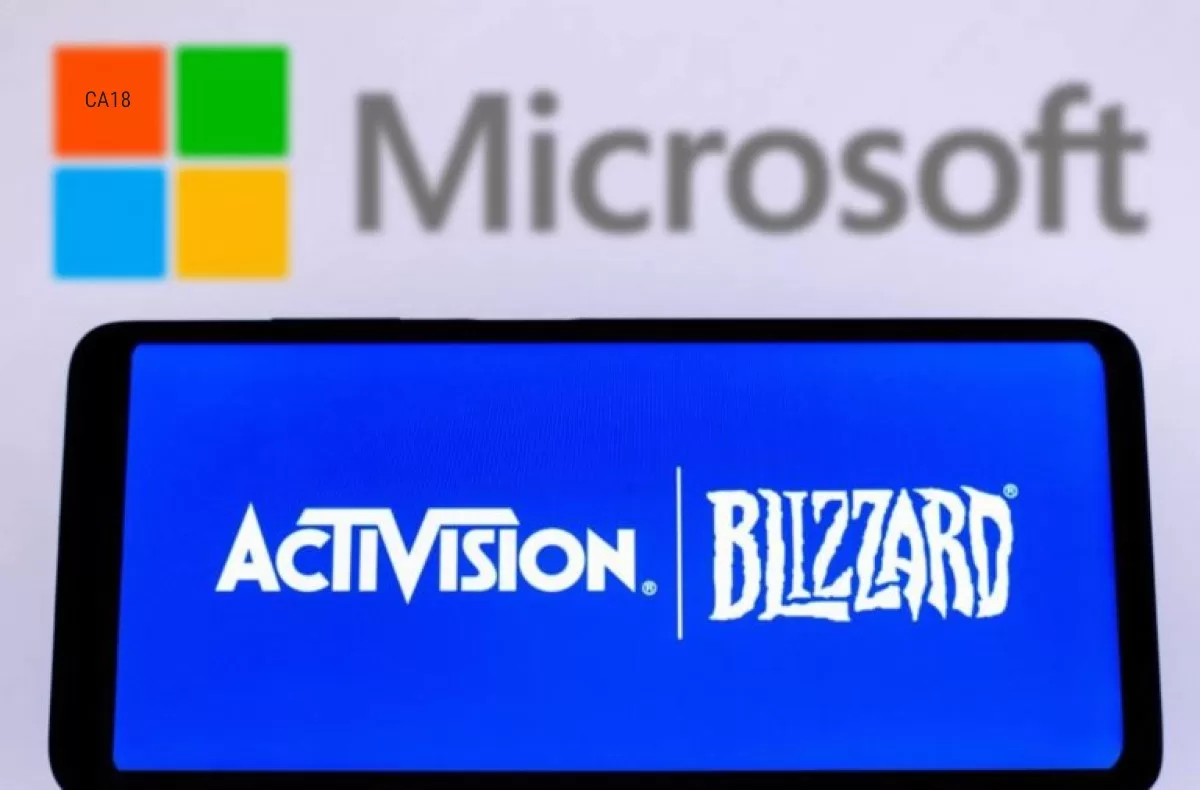US lobbyists submitted millions of statements in the official proceedings to abolish net neutrality, for which they misused foreign names and addresses. Some of the data came from hacks by third parties, and the perpetrators did not shy away from the identities of dead people. Companies have also sought to influence environmental protection practices in this way. Now three companies have agreed to pay a total of $615,000 in fines and confiscation of profits.
This agreement was published by the Attorney General of the State of New York, Letitia James. In December 2017, the US regulatory authority FCC not only abolished net neutrality, but even got rid of its authority to set up net neutrality rules at all. At the time, this happened with a 3:2 vote: the three Republican commissioners voted for the repeal, the two Democrats on the commission voted against. Both sides stressed that they were fighting for freedom on the Internet.
Republicans cited 22 million responses from citizens in the consultation process, some of which called for net neutrality to be scrapped. The Democrats pointed out that the vast majority of the statements were fake. In fact, millions of foreign names have been misused to abolish net neutrality. The vast majority of the US population as a whole supports net neutrality, and a majority of Republican voters are also in favour. Large telecom corporations reject them vehemently.
Millions of fraudulent opinions
An investigation by the New York Attorney’s Office revealed that most of the statements were fabricated. For example, a 19-year-old student fabricated 7.7 million net neutrality submissions under made-up names, and another 1.6 million came from an unknown source.
In addition, three major telecom companies financed a fund that financed a campaign against net neutrality and against broadband regulation in general. It should give the impression of widespread rejection of net neutrality among the population. New York prosecutors found evidence that this fund was endowed with $8.2 million and paid for 8.5 million fabricated statements to the FCC and over half a million forged letters to members of parliament. Unlike the fake net neutrality statements with fake senders, opponents misused identities of real people, living and dead.
Officially, the campaign was supposed to work with advertising: Internet users were tempted to provide their data by promises such as free sexual enhancers, cheap film streaming or competitions. Then they would also be given a form to sign a submission to the FCC against net neutrality. The aim was not to influence the opinion of the FCC, but to give the Republican majority in the FCC a pretext for the abolition of net neutrality, which they were planning anyway. A corporate lobbying group called Broadband for America (BFA) hired six companies to hoax several independent campaigns.
Identity pretense wholesale
In fact, these companies hardly bothered with the input forms. Rather, they wrote the entries themselves and, without the knowledge of those affected, put foreign names under them that they had harvested in previous campaigns for completely different purposes, or that they had bought from data dealers. One of the companies even used a leaked database from a hack to hijack more real names and addresses.
With the help of special software, the texts of the entries were varied; a provider has submitted a million different texts in this way. The public prosecutor’s office did not find any evidence that the commissioned lobby association BFA knew about all the fraud. However, BFA received warnings from a retailer from email addresses; In addition, the lobby association was aware of media reports early on in which victims complained about the misuse of their names. Nevertheless, the various campaigns continued.
Three companies have now pledged to refrain from such fraud and pay modest fines. LCX and its managers John Hilinski and Timothy Browning are paying $400,000 to New York State and another $100,000 to California. LEAD ID and its boss Robert Carroll has to wire $30,000 to New York. From Ifficient, $63,750 goes to New York and $21,250 to Colorado.
Not an isolated case
The investigation has revealed that at least three other firms have been in business since at least 2015. They sold names and addresses of 4.6 million people to clients, claiming that these people had consented to their names being used for specific campaigns. In fact, almost none of those affected had given such consent.
From 2015 to 2018, this data was used in 114 letter and email campaigns to influence politicians and sullied at least five consultations in regulatory processes. The range of topics was wide, from environmental protection to tobacco regulation, gambling, energy, ocean management, data protection, judicial reform and health care. The report names two of the three address vendors: Fluent and React2Media.

